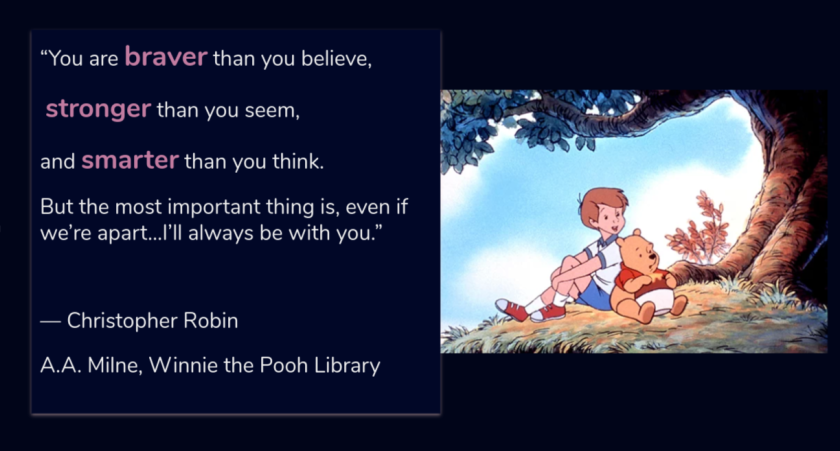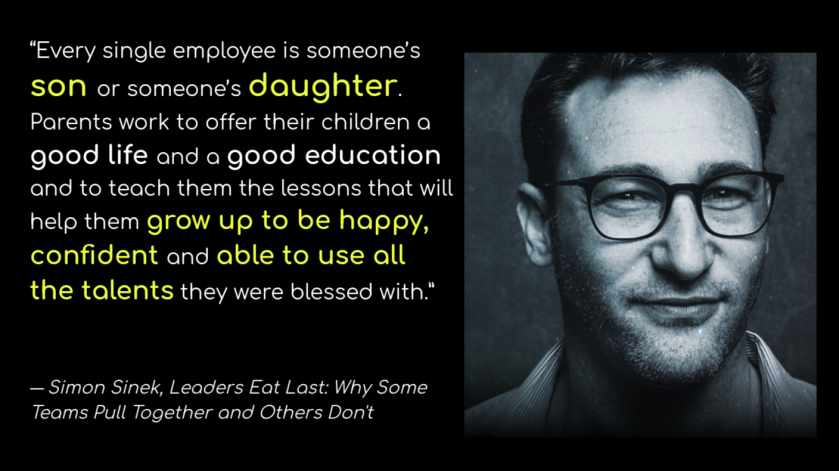The Pygmalion effect, or Rosenthal effect, is a psychological phenomenon where higher expectations lead proportionally to improved higher performance, which makes this method important for improving the overall productivity, including increase considerably the employee’s or student’s efficiency and help an organization grow.
Variety of studies show that people will improve, or drop, to the levels which their teachers of managers believe them to be capable. In order to implement this method in practice, it is up to the managers or teachers to have high expectations for their employees or students, and regularly communicate those expectations.
“Organizational Leaders understandably have an influence on the success of employees, and can play a part in that success or failure, at times, without even realizing it. Positive expectations are important to ensure a positive outcome, as the belief itself can affect the giver and the receiver. Managers not only shape the expectations and the performance of the subordinates but also influence their attitude towards their jobs and themselves, if managers are unskilled it leaves a scar on the employees and the overall unit performance of the company decreases and their reputations as coaches is harmed, on the other hand if the managers can induce confidence and make the subordinates believe in themselves, their capabilities will grow and the growth of the firm happens. “
Here are a few steps to start boosting student’s or employee’s performance:
- Express confidence in their talent and abilities – to remind them about previous records of success and history of accomplishments.
- Celebrate Accomplishments – to recognize what’s working well and why, develop a growth mindset and motivate.
- Assume Good Intent – Listen to what’s being said and try to understand it and don’t “read between the lines” & ask for clarification if needed.
- Show Empathy – to build emotional connection: listen carefully, put yourself in the other person’s shoes, allow sharing vulnerabilities, build trust and offer help.
- Think Long Term – focus on what the long term result will be and support consistency.




 shaped by each day. If we are complacent in our lives we let others drive for us. Have you ever felt out of control? Well, it’s time to take charge and drive your own bus.
shaped by each day. If we are complacent in our lives we let others drive for us. Have you ever felt out of control? Well, it’s time to take charge and drive your own bus.